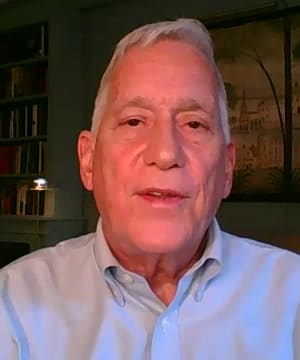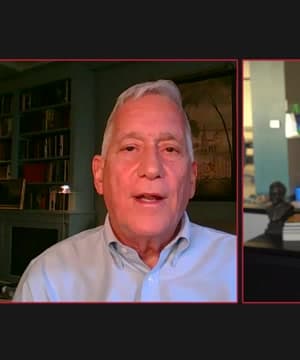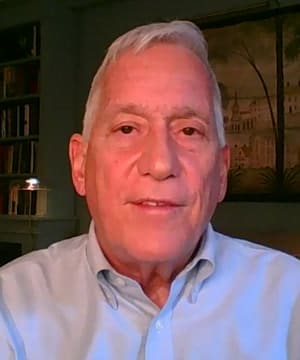Ethics of gene editing?
Sources:
The ethics of gene editing, specifically in the context of CRISPR technology, is a complex issue that various experts have debated. Here are some key points from the discussion on this topic:
-
Moratorium on Inheritable Edits: After a controversial gene-editing case in China, some scientists, led by Eric Lander, proposed a moratorium on inheritable edits (i.e., those affecting reproductive cells or embryos). This is because of the permanent and far-reaching implications these edits can have on future generations. However, other scientists like Jennifer Doudna suggested establishing guidelines instead of a full moratorium to allow crucial research to continue 1.
-
Ethical Dilemmas and Personal Perspectives:
- Some individuals, like David Sanchez who has sickle cell disease, are caught between the benefits of gene editing (like potentially eliminating the disease in future generations) and the loss of traits that shaped their character. This raises questions about who should make such profound decisions—parents or the individuals themselves once they are born 1.
- The idea of using gene editing for enhancements, such as improving athletic ability or other traits, further complicates the ethical landscape. This raises questions about fairness and the potential for creating inequalities 2.
-
International Regulation and Competition:
- There's a need for international standards and cooperation to prevent a "race" where countries could use gene editing for competitive advantages, such as creating enhanced soldiers or athletes. Discussions at international summits have begun to address these issues, reflecting the global implications of gene editing technologies 3.
-
The Role of Public Discourse:
- It's crucial for the public to engage in the discourse around gene editing because of its profound implications. The technology should not be exclusively regulated by scientists or government bodies. Instead, there should be a broad societal consensus on how such powerful tools are to be used, reflecting a blend of scientific insight and ethical consideration 4.
The ethical concerns surrounding gene editing are vast and involve considerations of long-term impacts, societal fairness, and the very essence of human nature and free will.
RELATED QUESTIONS-



